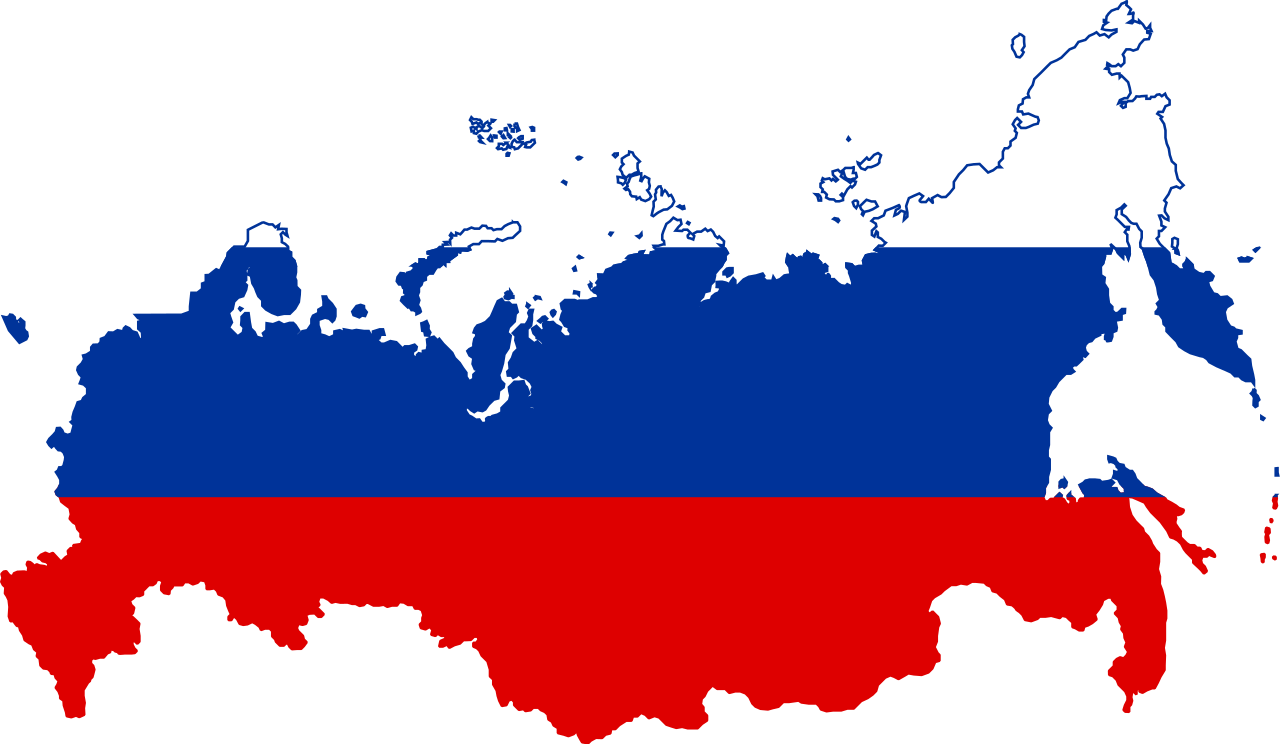« Раньше не было ни времени. Ни земли, ни пыли - ничего. Забыли всё. Было небылью, да стало былью. Река остыла, и вода застыла в ничто »
Время - быстрая река, никого не обойдёт.
Ждёт невеста жениха.
Ждёт, как часа своего.
В белый цвет облачена, точно в саване стоит.
На покой обречена, свадьбы колокол звенит.
Забирай, забирай! Приходи, прилетай !
На века отдана дева юная.
Там, где смерть рождает жизнь.
В ритуальном долгом сне.
В страхе девичьем она.
Суженному суждена.
Забирай, забирай !
Приходи, прилетай !
На века отдана дева юная.
Не предам своей судьбы.
Не уйти, не убежать.
Остаётся навсегда.
В дар любовь свою отдать.
Забирай, забирай !
Приходи, прилетай !
На века отдана дева юная.
Забирай ! Прилетай !
На века отдана дева юная.
[raɲʃi ɲɛ bɥlɔ ɲi vrjɛmjiɲi] ɲi zjɛmʎi, ɲi pɥʎi ɲiʧivɔ zabɥʎi fsjɔ bɥla ɲibɥʎu da stala bɥʎu rjika astɥla i vɔda zastɥla v ɲiʃtɔ]
[vrjɛmja bɥstraja rjika ɲikavɔ ɲɛ abajdjɔt]
[ʒdjɔt ɲivjɛsta ʒiɲiʜa]
[ʒdjɔt kak ʧasa svɔjivɔ]
[v bjɛlɥj tsvjɛt ablaʧina tɔʧna f savaɲi stɔjt]
[na pakɔj abrjiʧina svadjbɥ kɔlakal zvjiɲit]
[zabjiraj zabjiraj prjiʜadji prjiʎitaj]
[na vjɛka adana djɛva junaja]
[tam ɡdjɛ smjɛrtj raʒdajit ʒizɲ]
[v rjitʊaʎnam dɔlɡam sjɲɛ]
[f straʜji djivjiʧjim ana]
[suʒinamu suʒdjina]
[zabjiraj zabjiraj prjiʜadji prjiʎitaj]
[na vjɛka adana djɛva junaja]
[ɲɛ prjɛdam svajɛj sudjbɥ]
[ɲɛ ujtji ɲɛ ubjiʒatj]
[astajɔtsa nafsjiɡda]
[v dar ʎubɔfj svɔju adatj]
[zabjiraj zabjiraj prjiʜadji prjiʎitaj]
[na vjɛka adana djɛva junaja]
[zabjiraj prjiʎitaj]
[na vjɛka adana djɛva junaja]
(« Au commencement il n'y avait ni temps, ni Terre, ni poussière, il n'y avait rien. Personne ne s'en souvient. L'existence est sortie du néant, la rivière a refroidi et ses eaux ont
gelé dans le néant. Le temps est une rivière au cours rapide, que personne ne peut remonter ». La promise attend son fiancé, elle attend son heure. Elle est habillée de blanc,
c'est son linceul qu'elle porte, elle est condamnée au repos, la cloche sonne pour son mariage. Emporte-la, emporte-la, viens, vole, la jeune fille t'est offerte pour l'éternité. Là où
la mort engendre la vie, dans le long sommeil rituel, la jeune fille en proie à la peur est promise à son destin. Emporte-la, emporte-la, viens, vole, la jeune fille t'est offerte pour l'éternité. Tu ne dois pas te soustraire à ton destin, ne t'en vas pas, ne fuis pas, il ne te reste qu'à lui offrir ton amour à jamais. Emporte-la, emporte-la, viens, vole, la jeune fille t'est offerte pour l'éternité. Emporte-la, emporte-la, la jeune fille t'est offerte pour l'éternité)
Film tiré d'un conte russe


